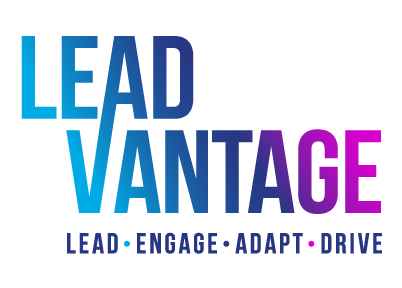You get the best effort from others not by lighting a fire beneath them, but by building a fire within. Bob Nelson
Mentoring has long been regarded as a cornerstone of leadership development in professional and personal growth. However, as we delve deeper into the dynamics of mentorship, a powerful and transformative approach emerges—the coach approach to mentoring. Moreover, this paradigm shift redefines traditional mentoring, emphasizing self-discovery, goal-setting, and skill-building, all essential aspects of leadership development. Let’s explore the impact of a coach approach to mentoring and how it can catalyze personal and professional success in leadership roles.
Core Strength
Coaching is about unlocking an individual’s performance, a crucial skill for effective leadership. As such, this philosophy aligns seamlessly with the goals of mentoring. A coach’s approach to mentoring transcends the traditional hierarchical relationship, fostering a collaborative partnership between mentor and mentee. Equally important, this approach is grounded in active listening, powerful questioning, and the belief that individuals can find solutions within themselves, qualities essential for effective leadership.
Sample coaching questions for insight:
- What does your perfect world/scenario look like for you?
- What would happen if nothing changed in x period from now?
- What do you think would help you the most?
Unlocking Leadership Potential
One fundamental principle of the coach approach to mentoring is guiding mentees towards self-discovery, a vital component of leadership development. Importantly, mentors use this approach to facilitate a process where mentees explore their values, strengths, and aspirations rather than offering ready-made solutions. Finally, through reflective conversations, mentees gain a deeper understanding of themselves, their leadership style, and their impact on others, leading to more meaningful and sustainable personal and professional growth in leadership roles.
Sample coaching questions for reflection:
- What would that change mean to you personally?
- Why is this important to you?
- What would happen if you did nothing?
Pave The Way to Success
Coaching encourages setting specific, measurable, achievable, relevant, and time-bound (SMART) goals, a practice fundamental to effective leadership. Applying this principle to mentoring allows mentees to articulate their objectives and create a roadmap for success in their leadership journey. The coach approach empowers mentees to take ownership of their goals, promoting a sense of accountability and motivation crucial for effective leadership. As mentors guide the goal-setting process, they provide valuable insights, helping mentees align their aspirations with realistic and achievable outcomes in leadership roles.
Sample coaching questions to drive success:
- How can you clarify your goal?
- What does support look like to you?
- What other options could there be?
Leadership Mastery
Unlike traditional mentoring, which may involve more direct guidance, the coach approach strongly emphasizes skill-building, a key aspect of leadership development. Mentors act as facilitators, helping mentees identify areas for improvement and develop strategies to enhance their leadership skills. This hands-on, personalized approach fosters a sense of competence and confidence, empowering mentees to navigate challenges with resilience and creativity in their leadership roles.
Sample coaching questions to boost courage:
- What small steps can you take, starting now?
- Would it be helpful to look at what you’ve done so far?
- What has worked for you before?
Navigational Aids
Life and career journeys are seldom smooth, and setbacks are inevitable, even in leadership roles. The coach approach equips mentees with the tools to navigate challenges and overcome obstacles effectively as leaders. Instead of offering quick fixes, mentors using this approach guide mentees in developing problem-solving skills, a critical leadership competency. By reframing challenges as opportunities for growth, mentees cultivate resilience and adaptability, crucial attributes for success in any leadership endeavour.
Sample coaching questions to chart the right path:
- What haven’t you tried with this person before?
- Can you think of a time when you had to deal with a hard situation, and if so, how did you approach it?
- What would you do if there were no obstacles?
The coach approach to mentoring goes beyond the traditional mentor-mentee relationship, fostering a collaborative partnership and self-reflection spirit. With a focus on unlocking the potential within individuals, the coach approach to mentoring becomes a powerful catalyst for sustained personal and professional growth in leadership roles. As we embrace this paradigm shift, we pave the way for a new era of mentorship that guides growth and empowers individuals to become architects of their own success as leaders. See our May blog to read more on the FUEL framework for coaching for additional tools: https://leadvantage.ca/post/unveiling-the-fuel-framework/

Sofia and Linda_Lead Vantage
Lead Vantage offers tailored coaching solutions designed to enhance leadership skills and boost confidence within your company. Through personalized coaching sessions, we guide individuals to unlock their potential, set achievable goals, and develop essential skills for success. Elevate your team’s performance and achieve sustainable growth with Lead Vantage. Contact us at info@leadvantage.ca or visit us at www.leadvantage.ca/ to learn more.




